Operation Overlord, the Allied invasion of Northwest Europe, was unleashed on the Nazis on D-Day—June 6, 1944—on the orders of one man. General Dwight D. Eisenhower, Supreme Commander Allied Expeditionary Force, had the weight of the world on his shoulders. The worst weather across southern England in half a century had forced a postponement of 24 hours, and when the high Allied command met at Southwick House in the predawn hours of June 5, 1944, the supreme commander asked each one for their opinion. He paused and said, “Ok, we’ll go!”
In his memoir, Crusade in Europe, Eisenhower recalled that “the inescapable consequences of postponement were almost too bitter to contemplate.” The moon and tides would not be favorable again until June 19, two weeks away.
It would have been virtually impossible to keep the Allied juggernaut poised, taut, and ready to go for such a long period—not to mention the inevitable intelligence leaks that could warn the Nazis that the invasion was coming…not in the Pas de Calais as the deception of Operation Fortitude had successfully proposed, but in Normandy where the Germans would be waiting on full alert.
When and where has another military commander in modern times borne such a great burden, the fate of the largest amphibious, air, and naval operation in history up to that time, thousands of lives hanging in the balance, and the probability of winning or losing a world war in one bold stroke?
Eisenhower made the call. He owned the responsibility for it. He even penned a communiqué to be distributed to the press in the event of failure that read in part: “If any blame or fault attaches to the attempt it is mine alone…”
American Legion Magazine’s 2014 reader survey of “America’s Most Beloved Veterans” received more than 70,000 responses. Across the span of U.S. history, Eisenhower placed sixth—behind only, in order: Audie Murphy, the most decorated American soldier in history; Founding Father George Washington; President Theodore Roosevelt, leader of the Rough Riders during the Spanish-American War in the famed capture of San Juan Heights, and recipient of the Medal of Honor in 2001 (103 years after his heroic battlefield deeds); Alvin York, recipient of the Medal of Honor in World War I for heroism in killing numerous enemy soldiers and capturing 132 Germans in a single action; and General George S. Patton, Jr., the flamboyant, boisterous, and controversial commander of the U.S. Third Army.
Each man had earned the respect and gratitude of the nation, each possessed characteristics of leadership and courage, some under direct enemy fire—and one of them on a stormy early morning in England, the future course of World War II in Western Europe in the palm of his hand.
I was honored to write for American Legion the short synopsis of Eisenhower’s contribution to victory and the conduct that later assured his place in history as a two-term President of the United States.
Still, quite probably Eisenhower’s finest quality was his unwavering focus on the task at hand. I wrote in 2014, “Dwight Eisenhower placed the success of the mission ahead of any personal reward or gain. In doing so, he defined leadership by example, and he shouldered the great weight of responsibility that came with it like no other individual in the 20th century.”
As Allied fighting men ventured into harm’s way on D-Day, Eisenhhower told them, “You are about to embark upon the Great Crusade, toward which we have striven these many months. The eyes of the world are upon you.”
Indeed, the eyes and expectations of the world were on Dwight Eisenhower, and therein he did not fail.
—Michael E. Haskew, Editor
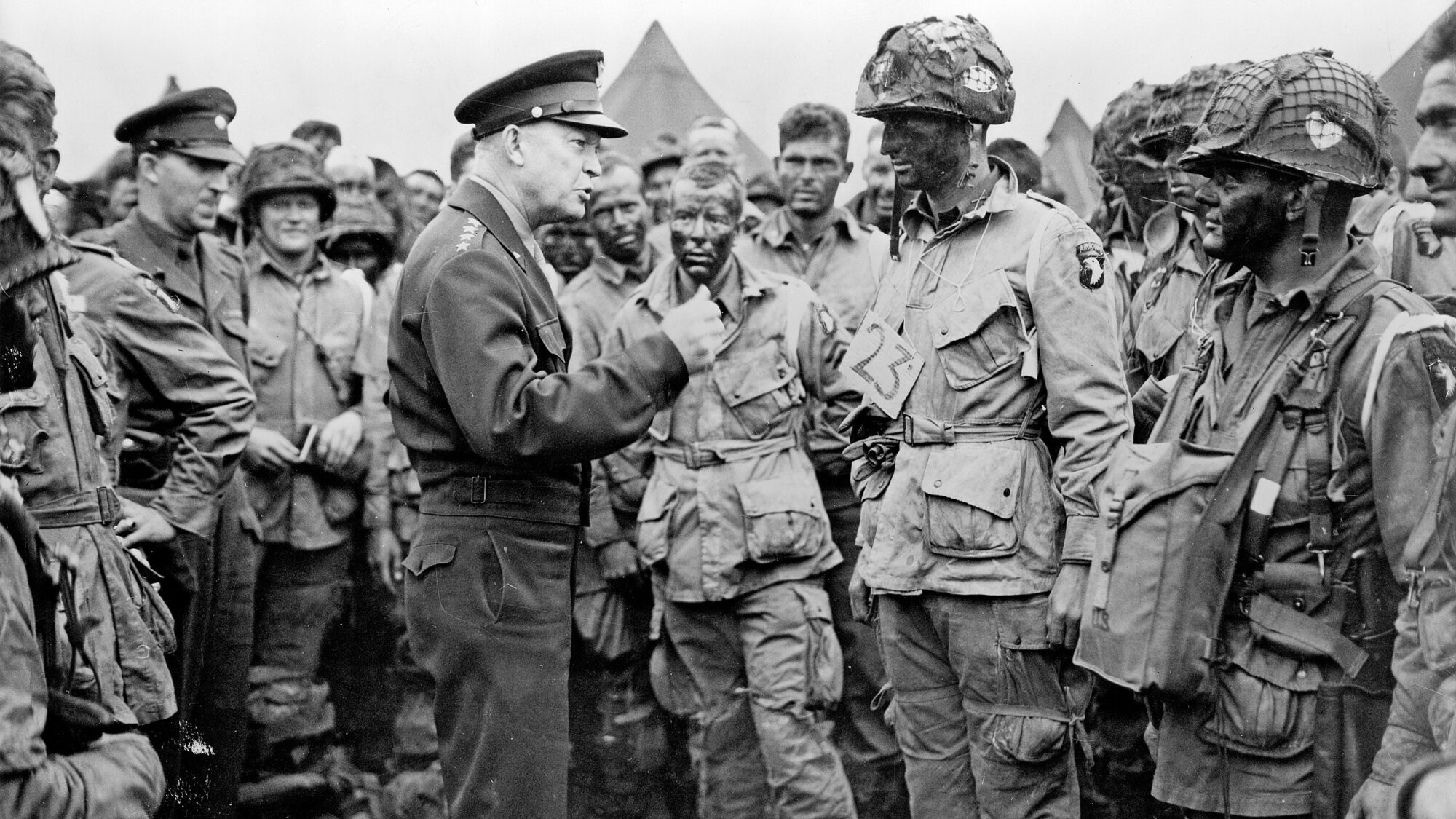
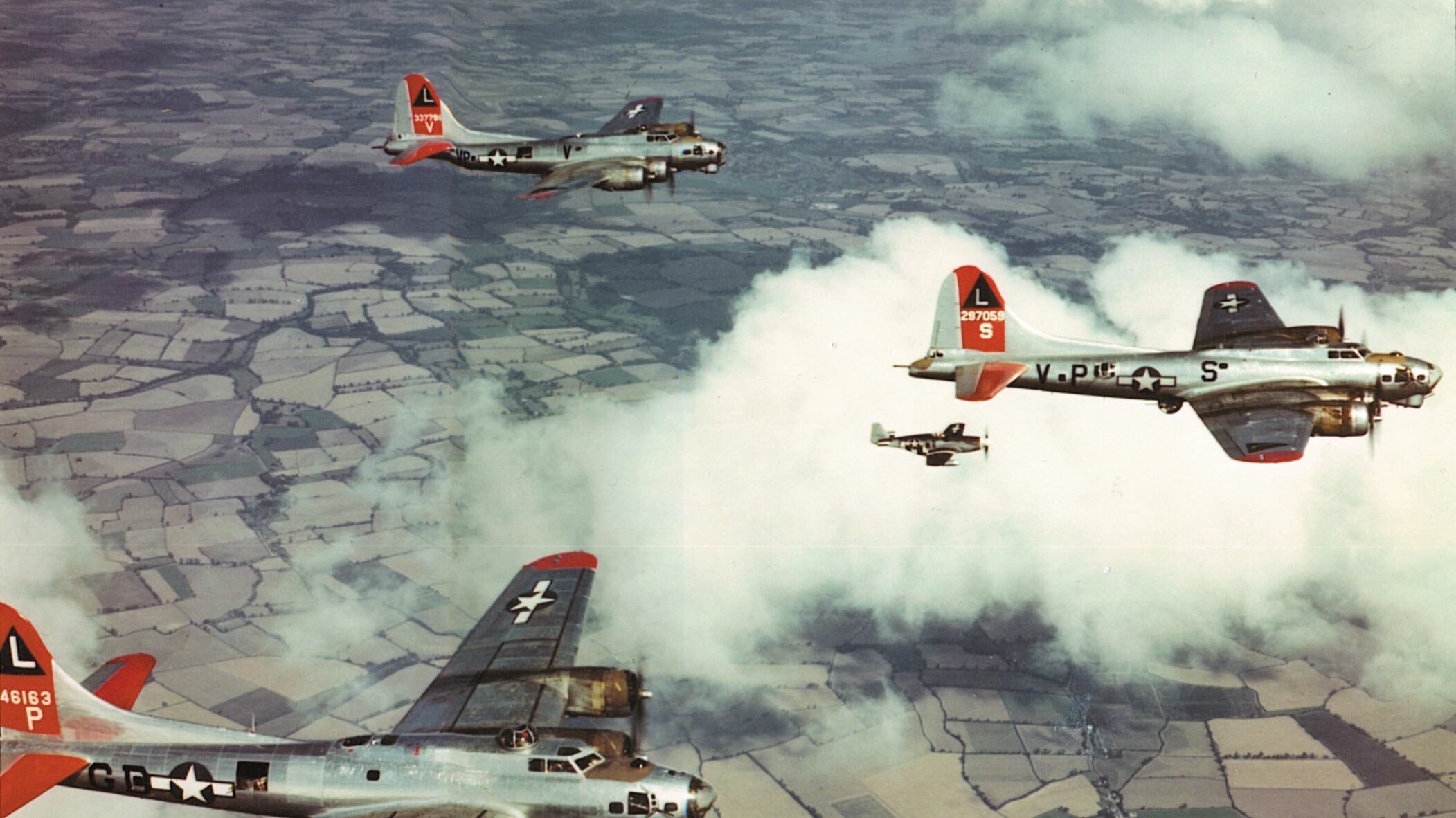
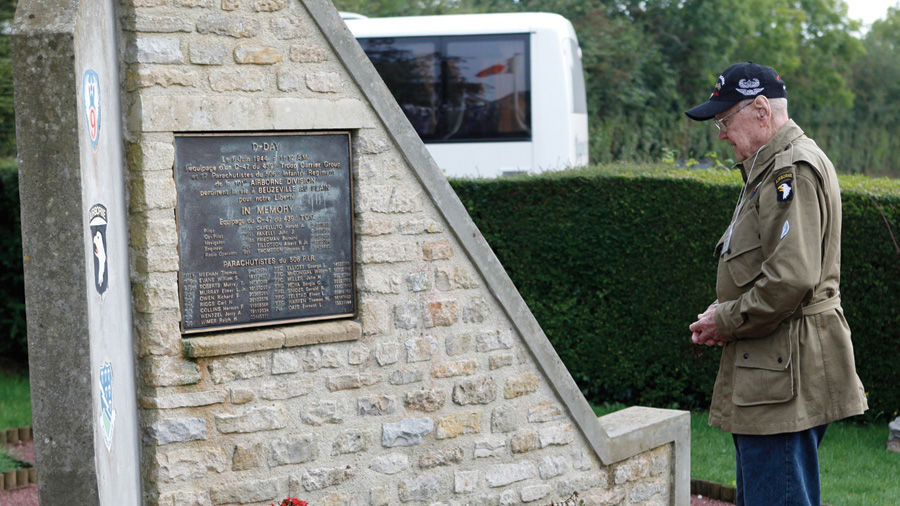
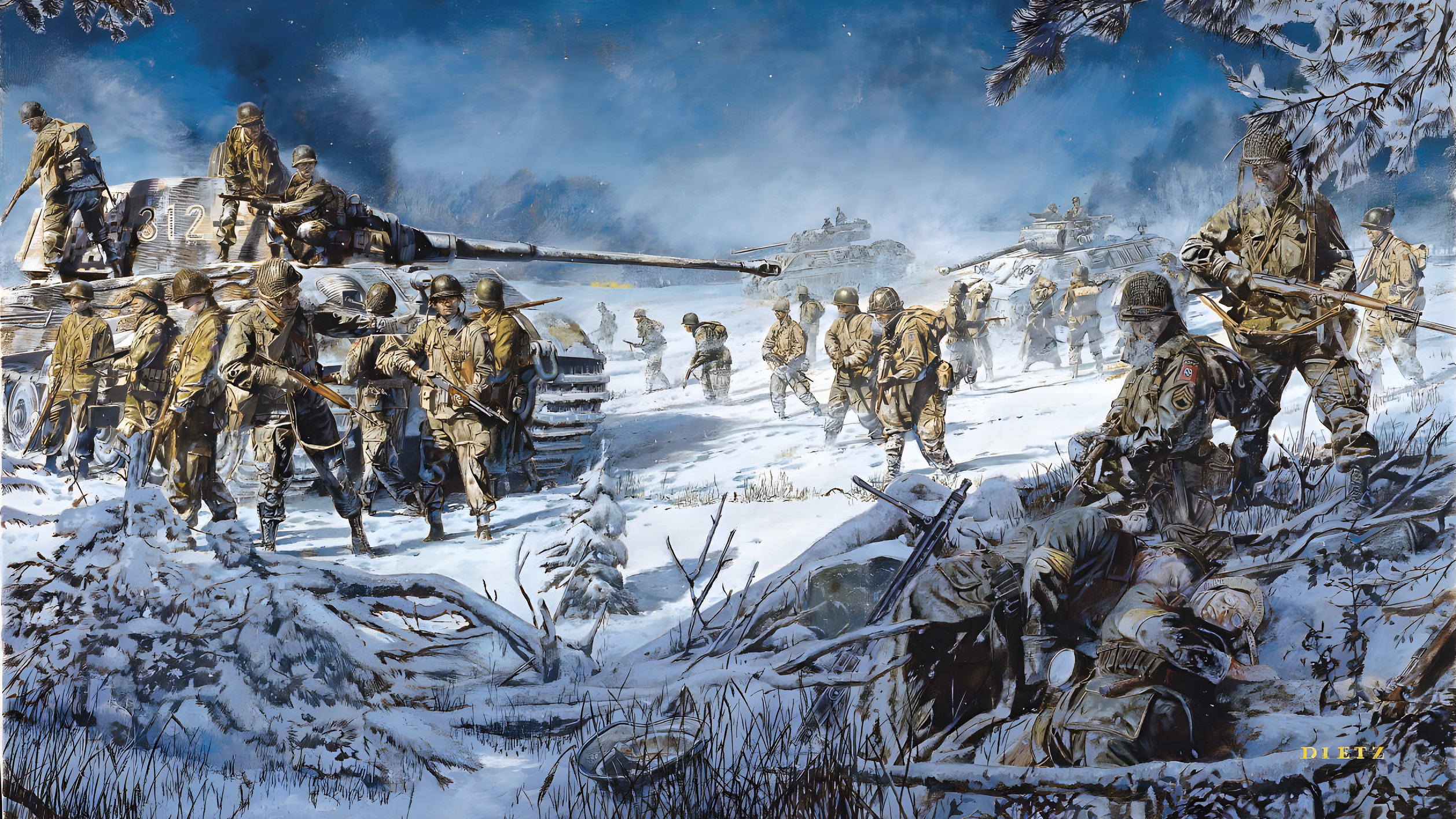
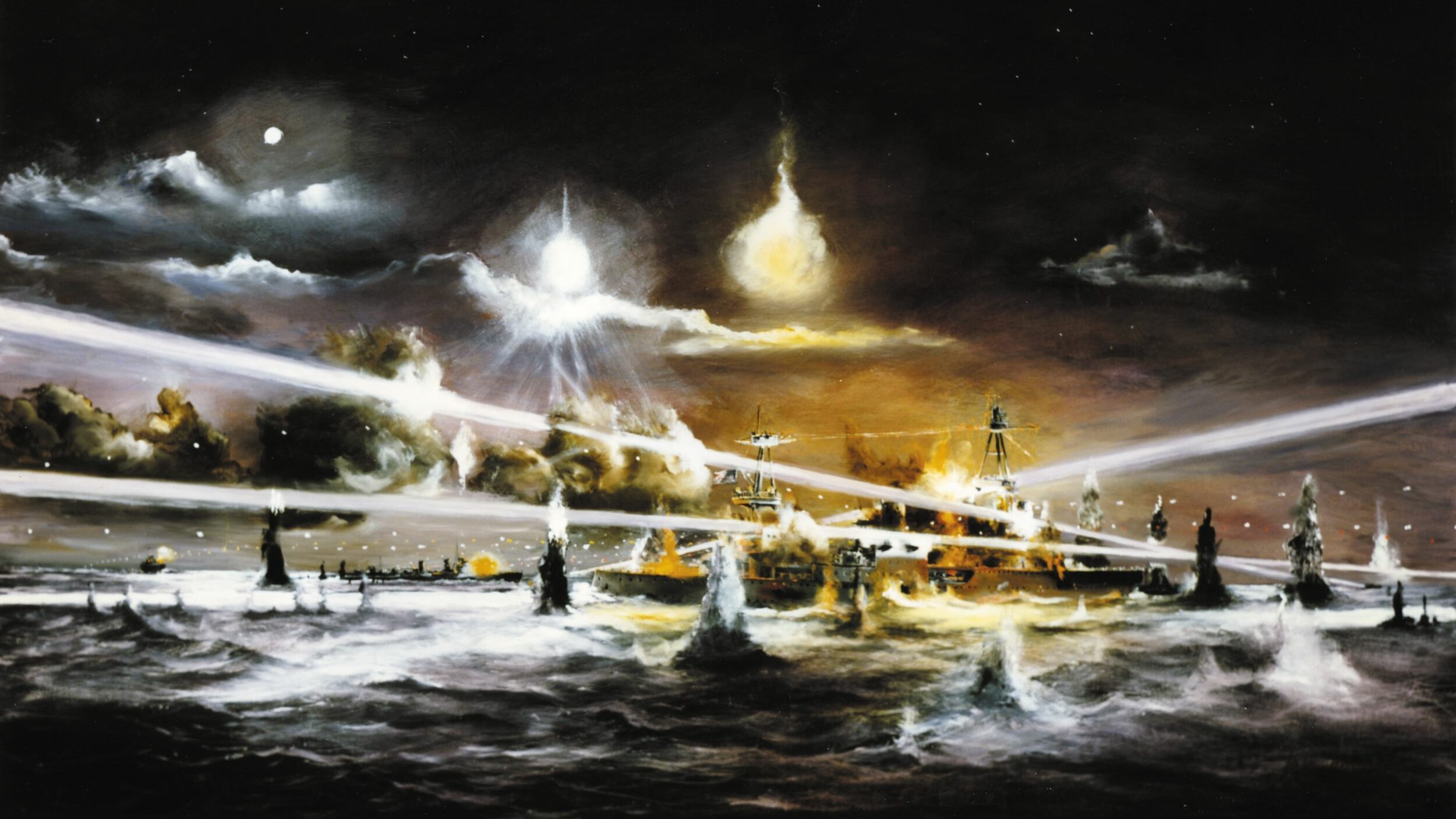
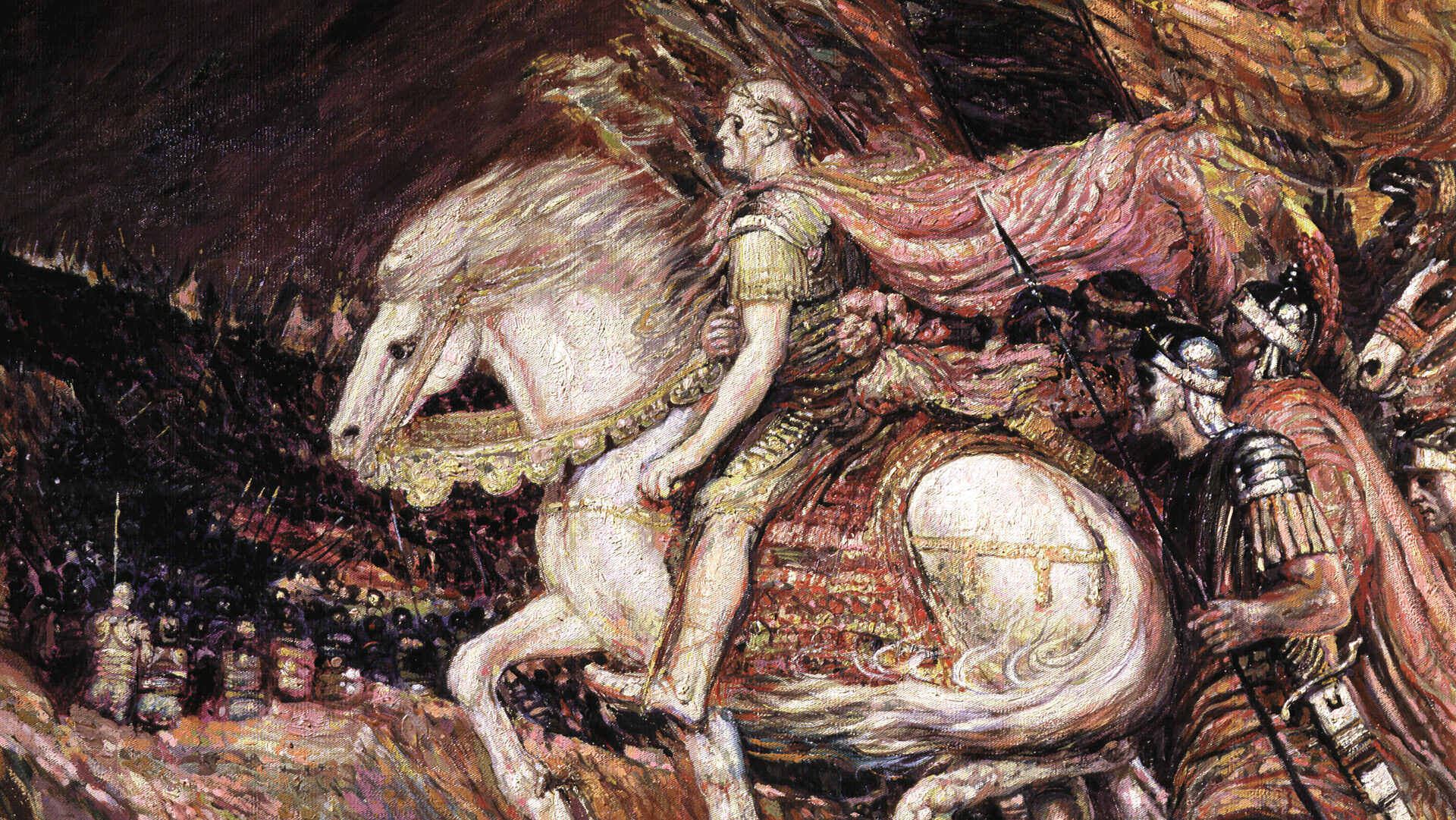
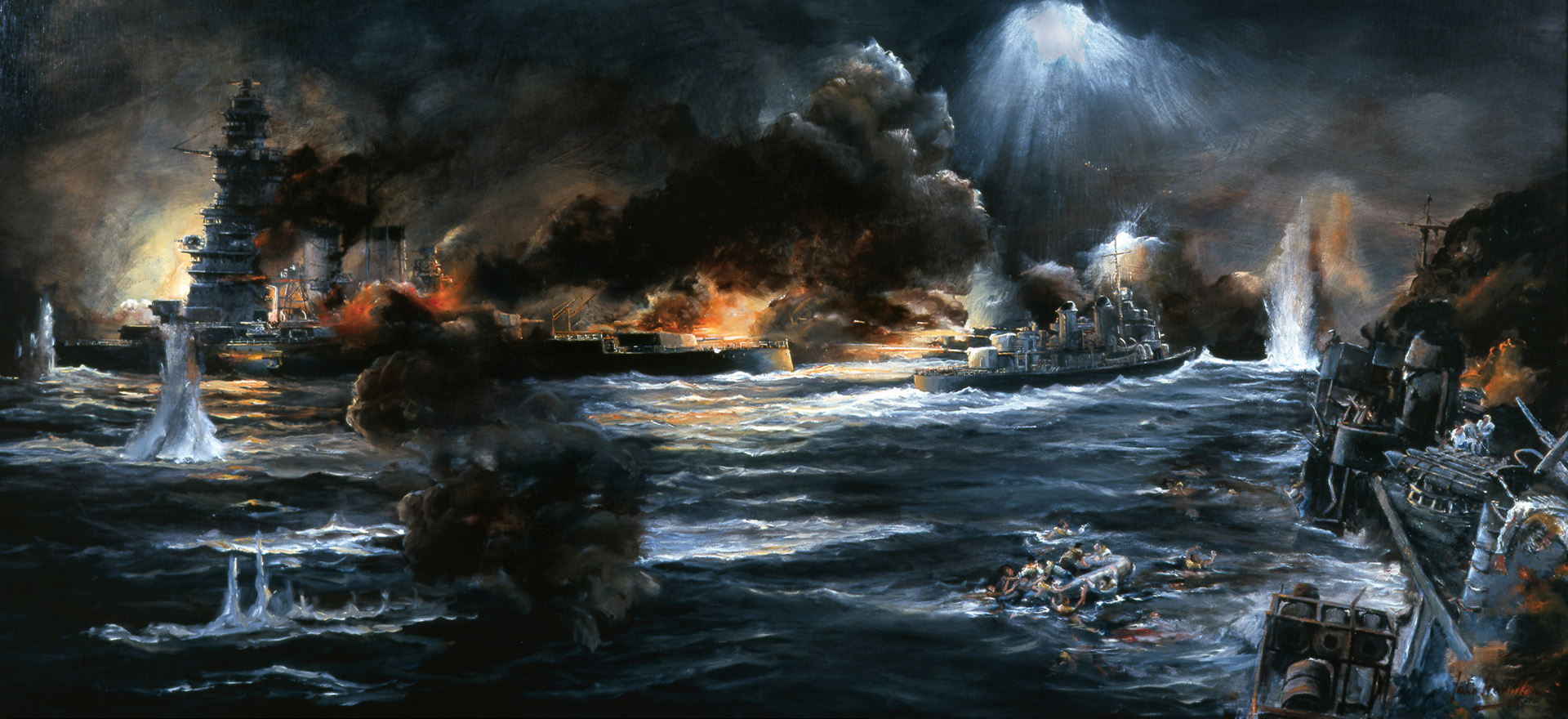
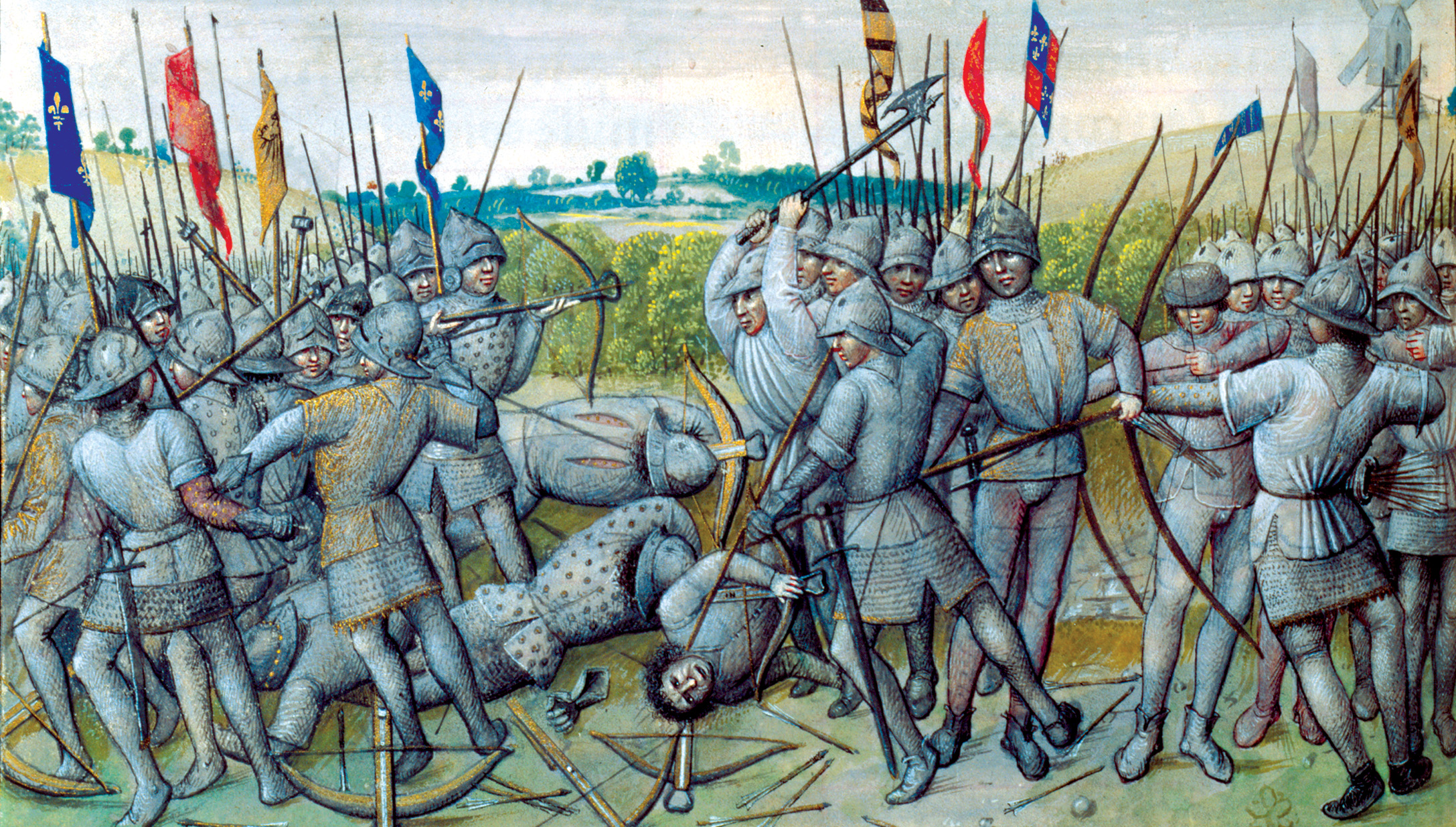
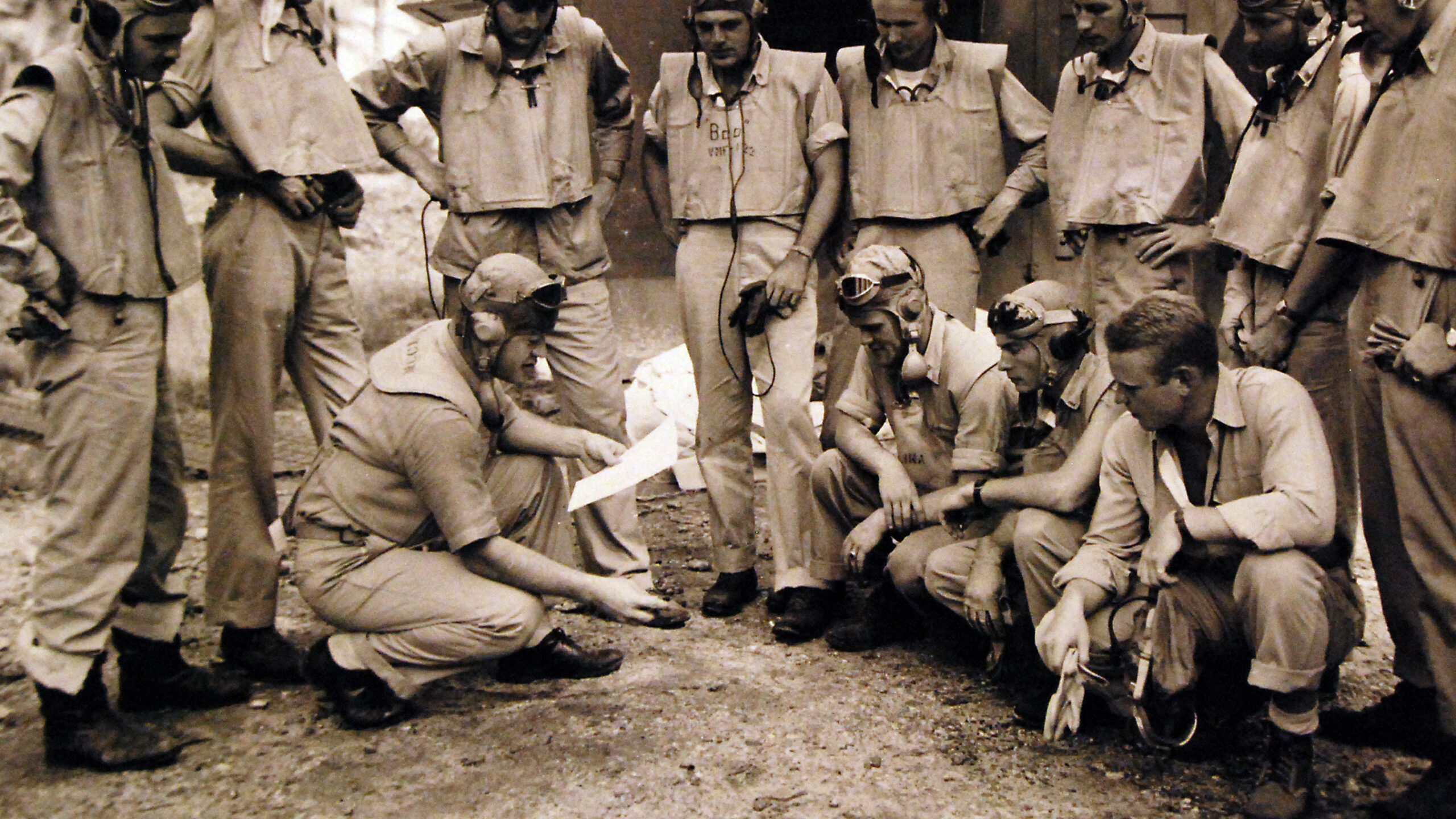
Join The Conversation
Comments
View All Comments